Latest newsletter
This week’s headline story…
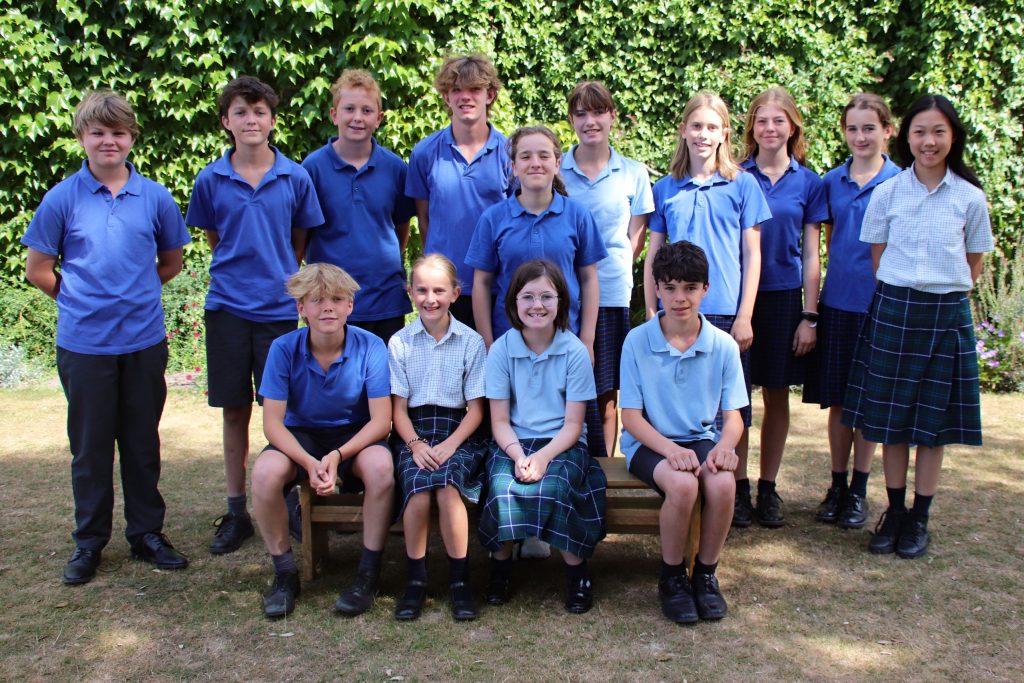
Impressive Haul Of Scholarships Continues
4th July 2025
Highfield and Brookham School is celebrating another bumper crop of scholarships. Sixteen senior school scholarships have this year been awarded to a range of top senior schools, including Rugby Schoo…
That Was The Year That Was…
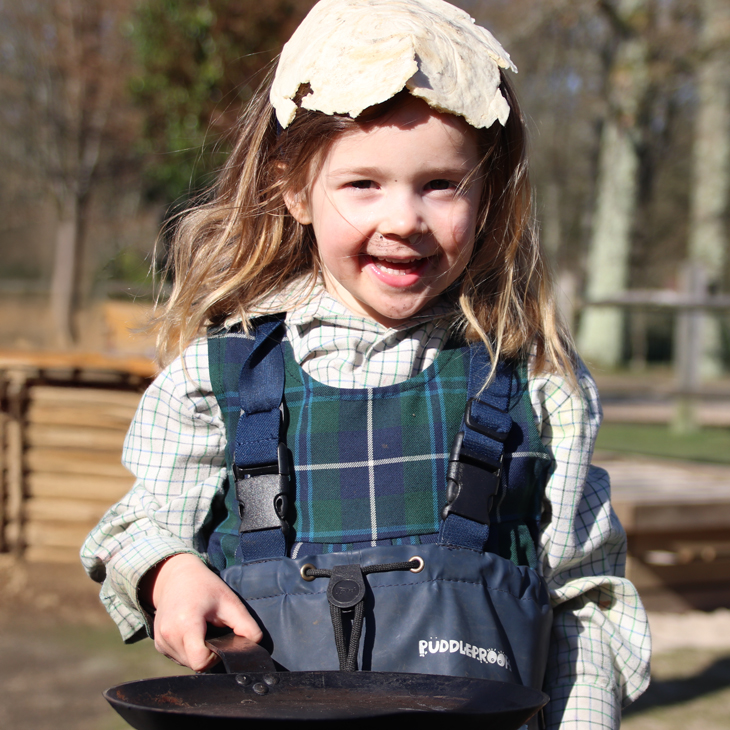


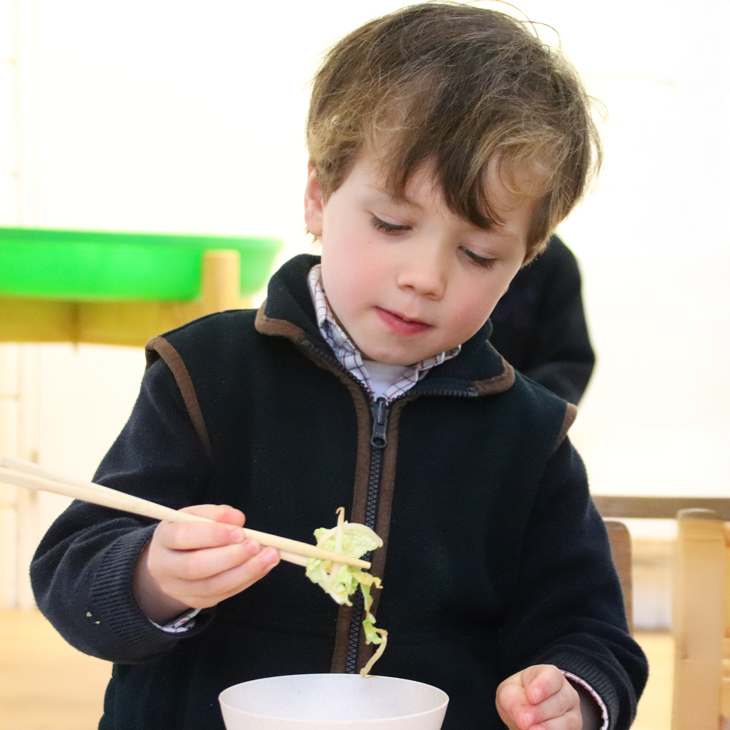
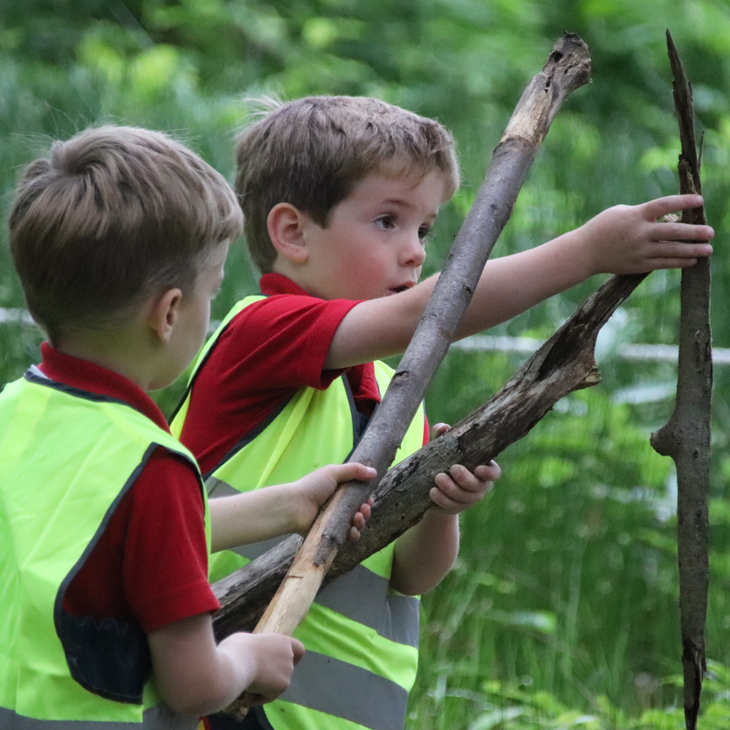
NURSERY LIFE: 1) Flippin’ good fun on Pancake Day. 2) Badge of honour on Sports Day. 3) Christmas crowns for the festive performance. 4) Food for thought at Chinese New Year. 5) Creative play at forest school.
That Was The Year That Was…
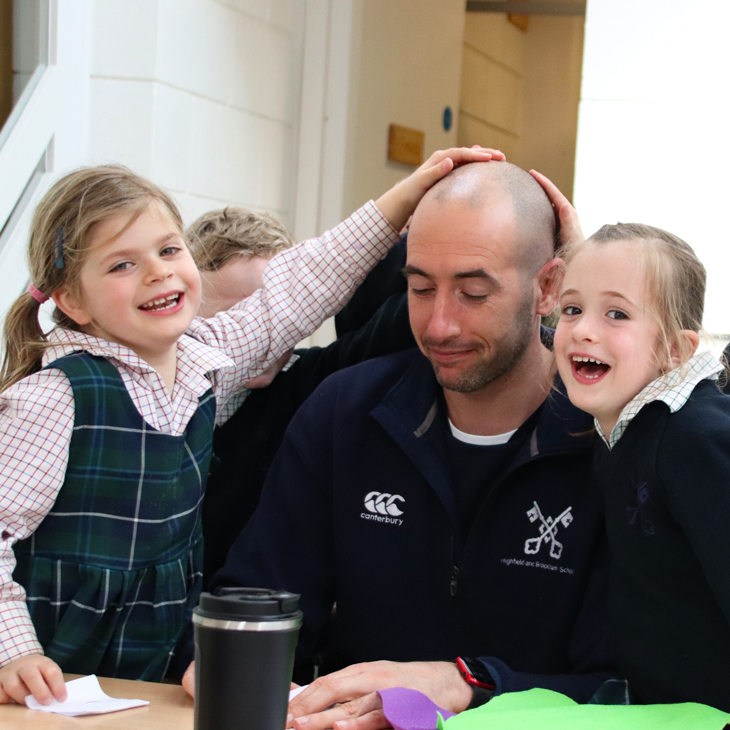



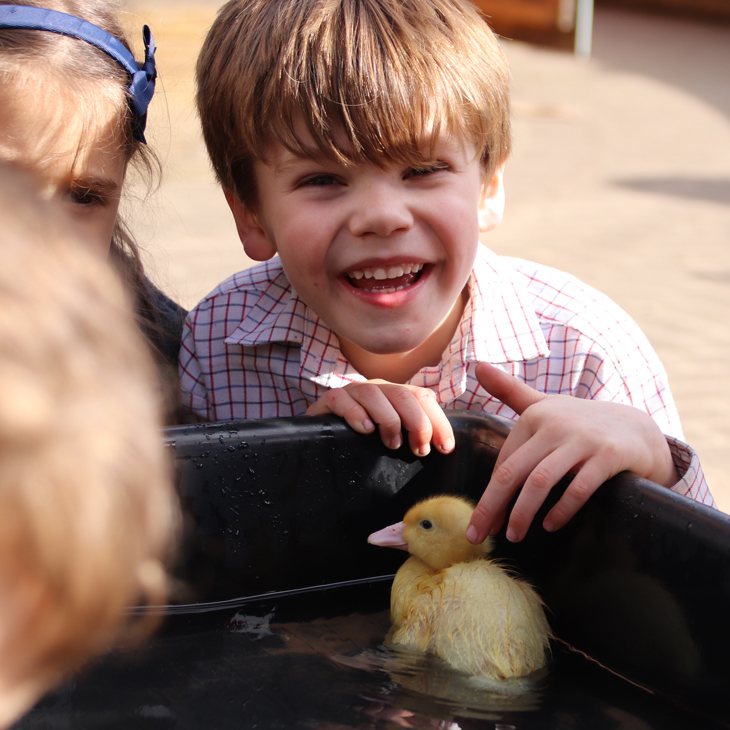
BUSY RECEPTION : 1) Hair-raising fun with Mr Rodriguez. 2) Leap of faith on Sports Day. 3) Angelic performances at Christmas. 4) Spring tidy up in the garden. 5) Duckling delight.
That Was The Year That Was…

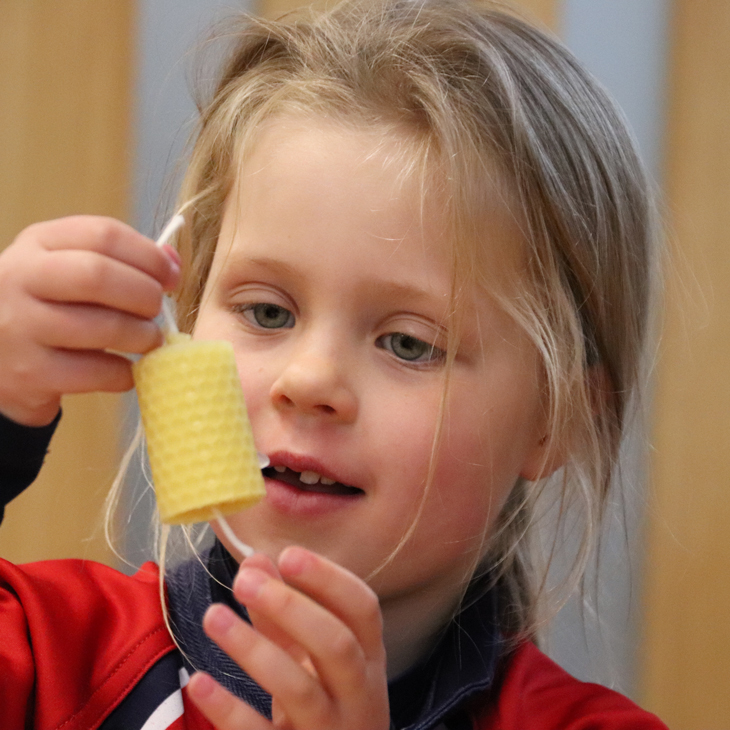
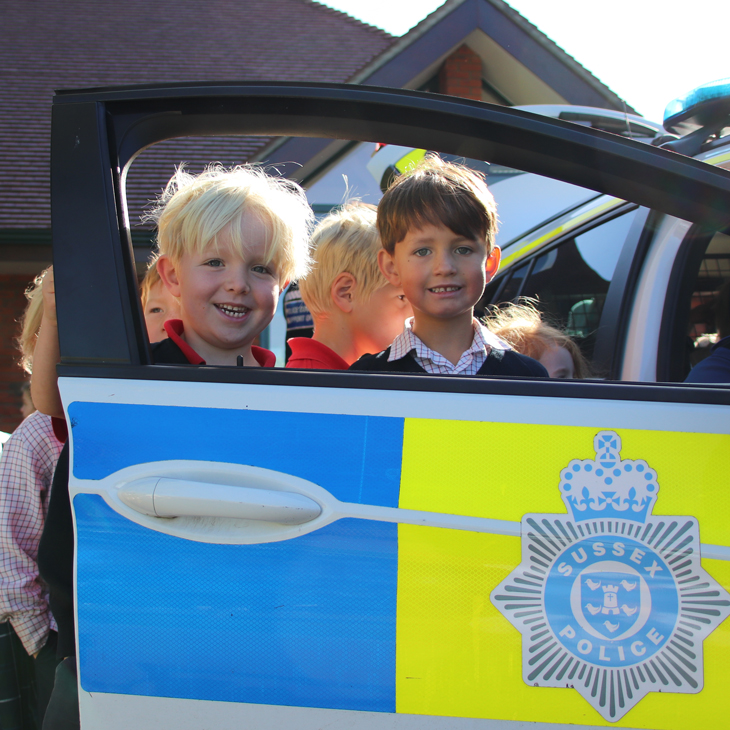
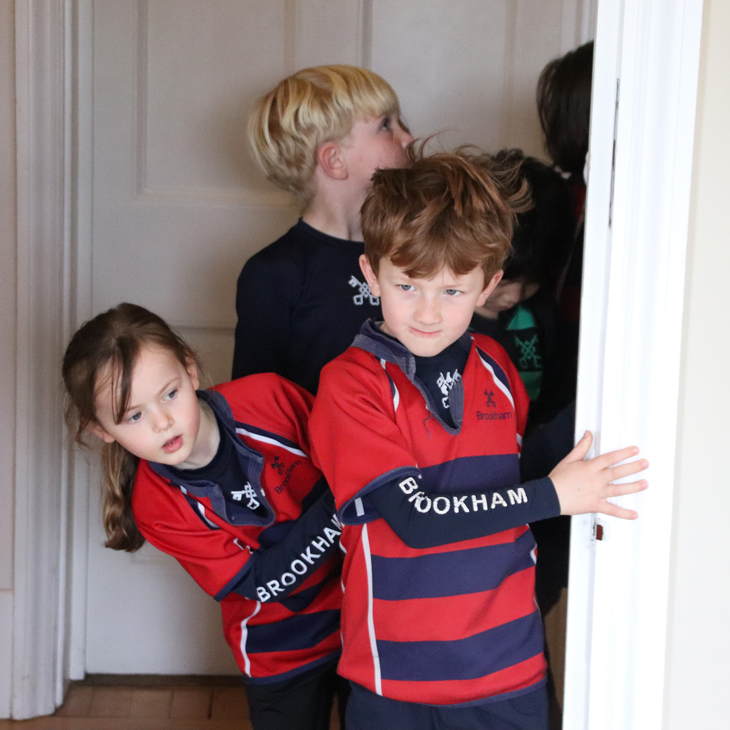
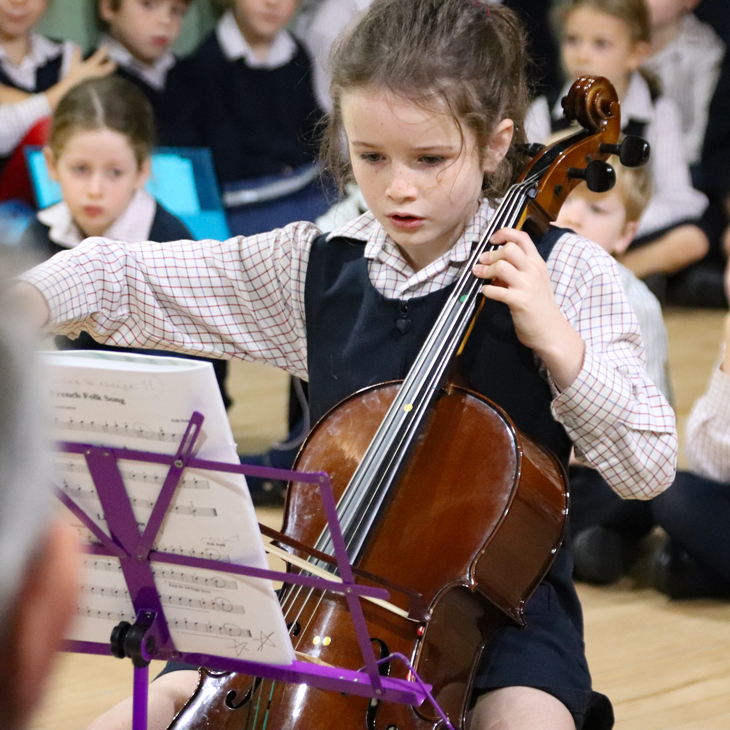
YEAR 1 : 1) Celebrating Burns Night with Scottish piper extraordinaire Mr Gunn. 2) Candle making after a visit from the ‘Bee Lady’. 3) An arresting visit from Sussex Police. 4) A peek at the crime scene during British Science Week. 5) An instrumental tour de force at a pre-prep concert.
That Was The Year That Was…
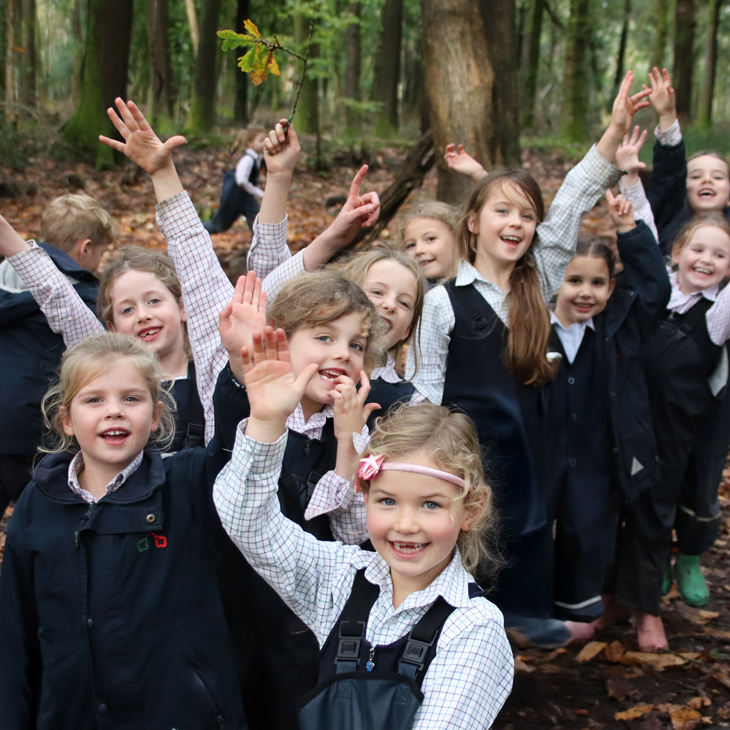
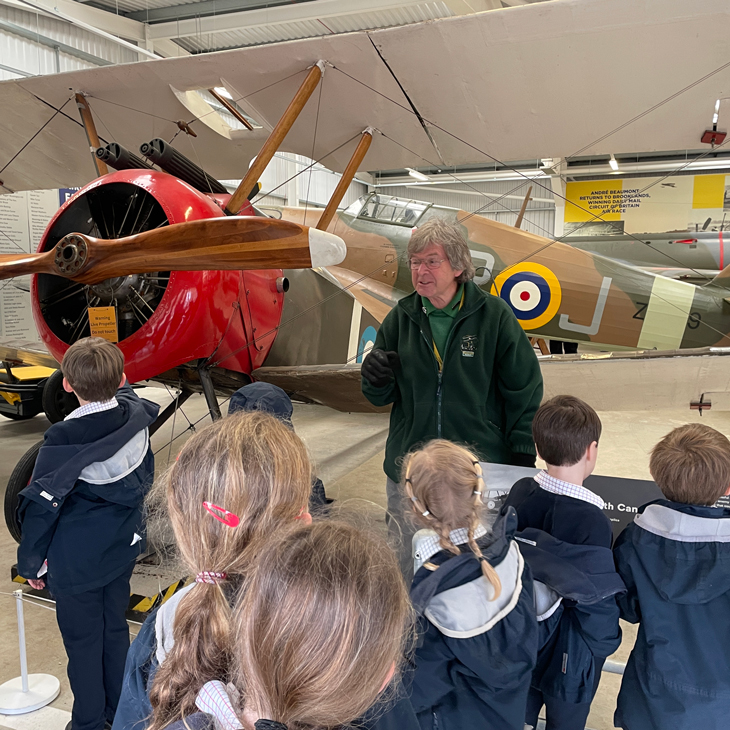
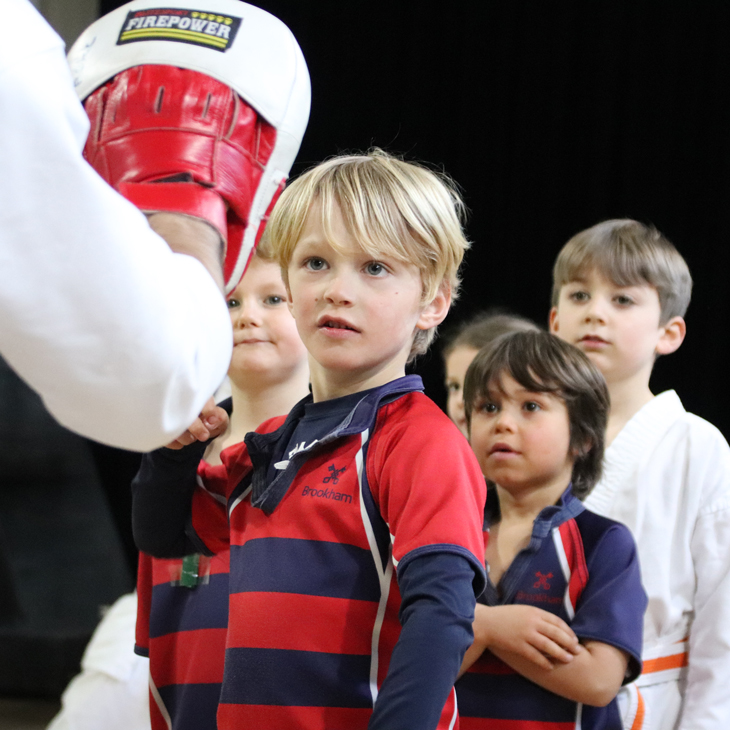

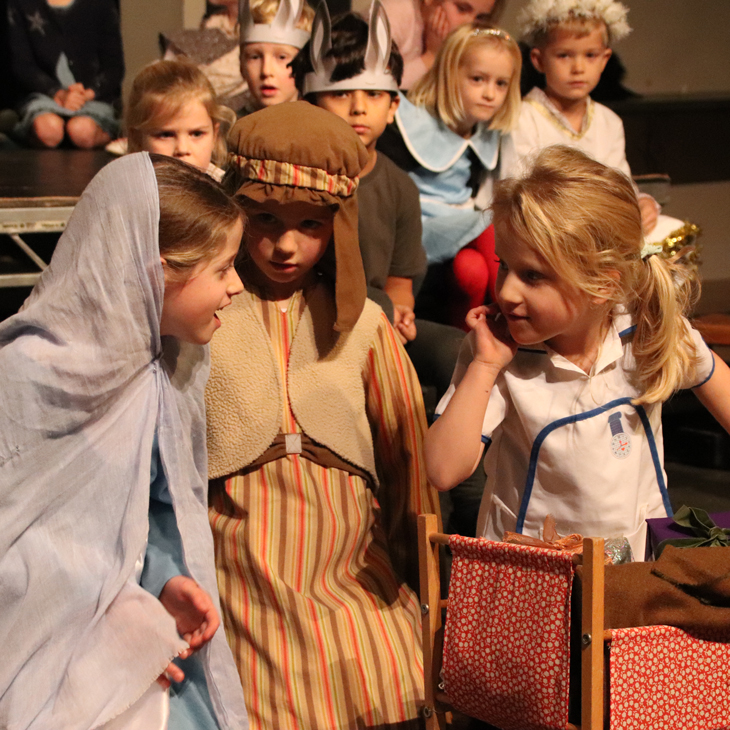
YEAR 2 : 1) Exciting times at forest school. 2) Transported back to yesteryear at Brooklands Museum. 3) Packing a punch at Karate Club. 4) Scientific discovery at West Wittering beach. 5) The Christmas Nativity takes centre stage.
That Was The Year That Was…
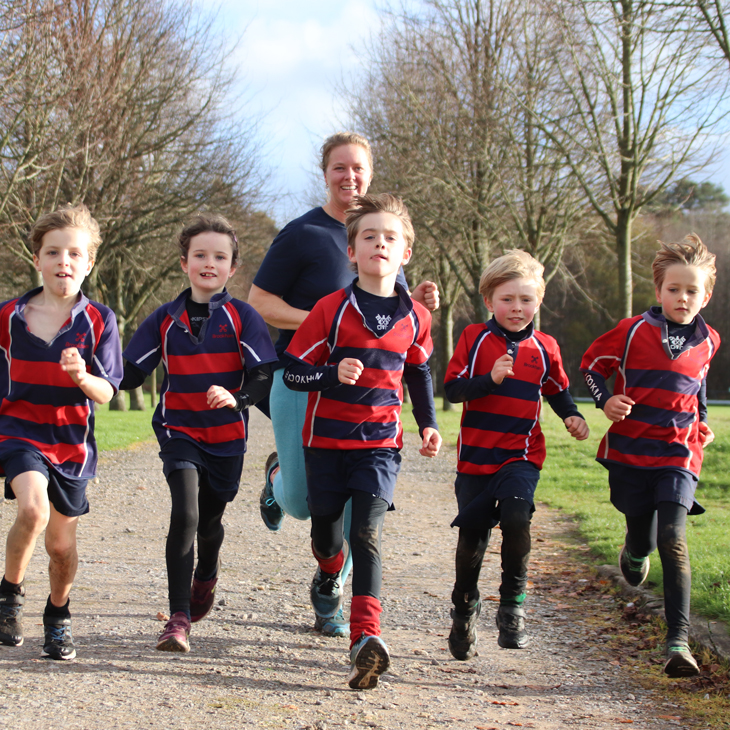
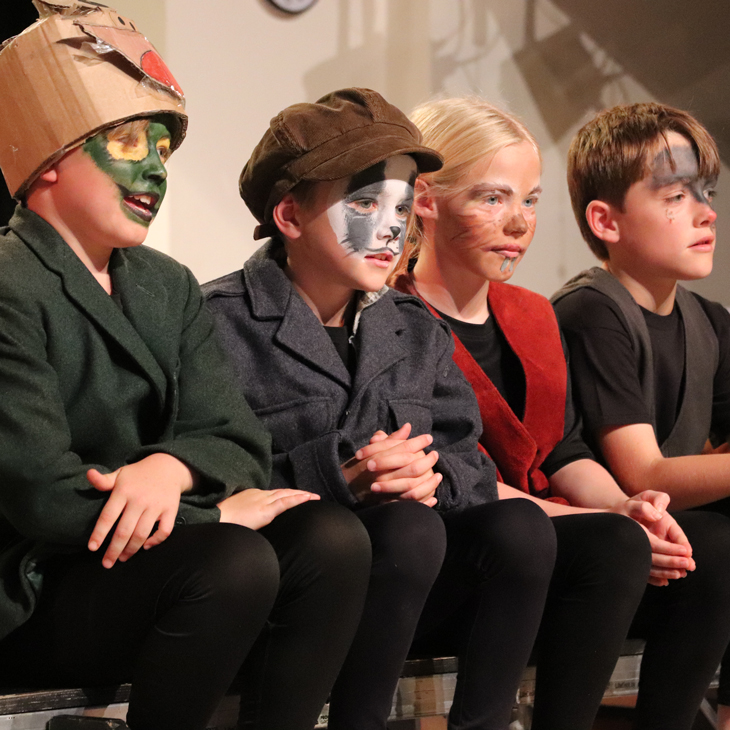
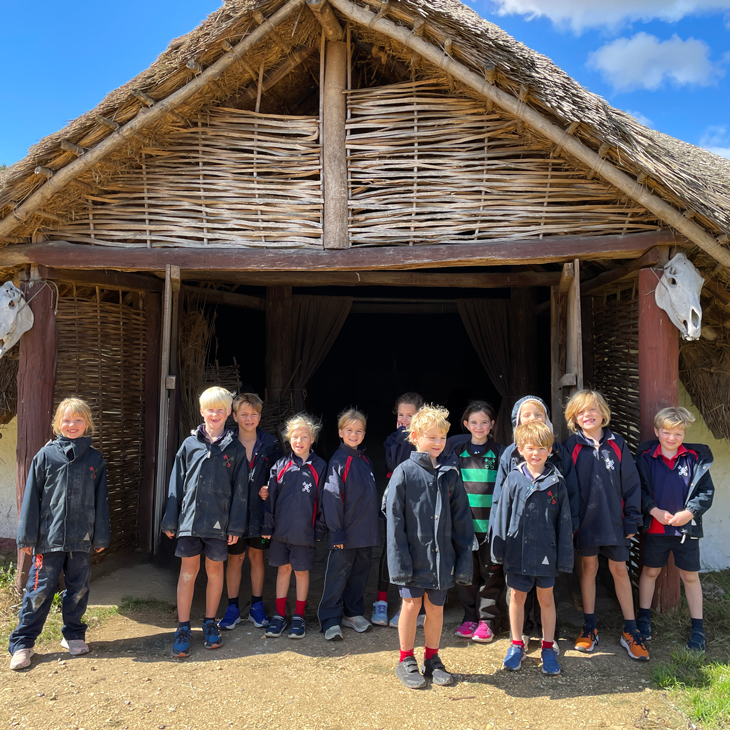
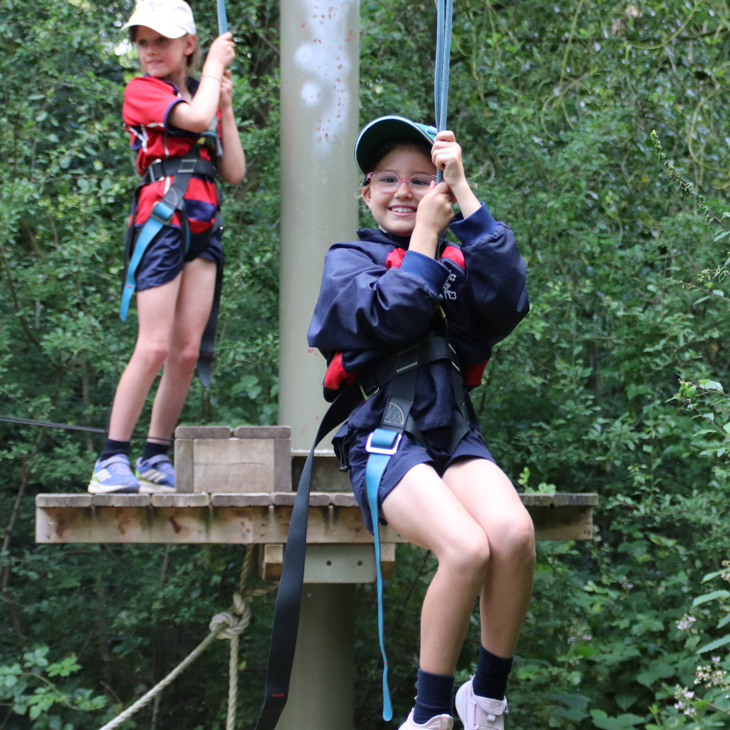
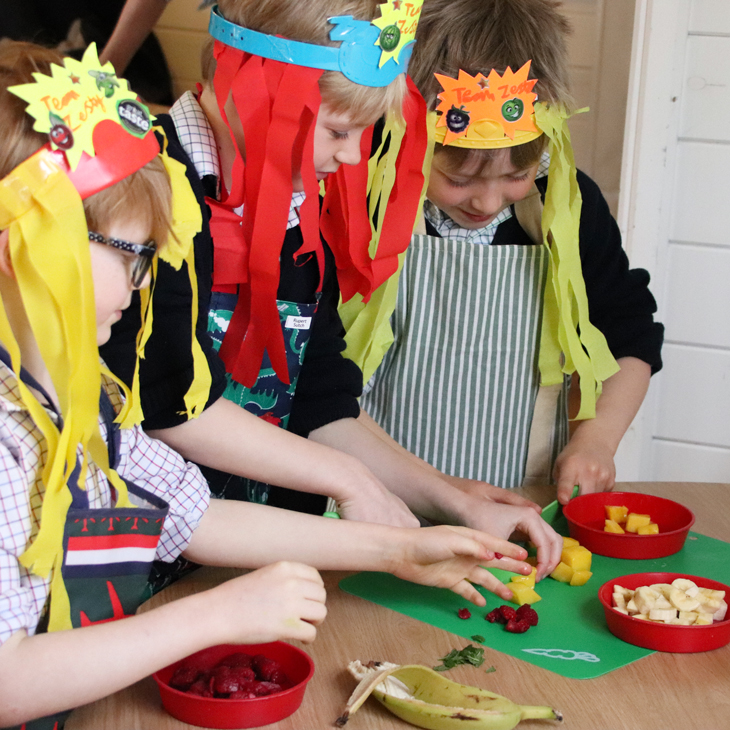
YEAR 3 : 1) Running Club put their best feet forward. 2) In character during the performance of Wind in the Willows. 3) Back in time at Butser Ancient Farm. 4) Hitting the heights at Sayers Croft. 5) Working together during the Great Smoothie Challenge.
That Was The Year That Was…


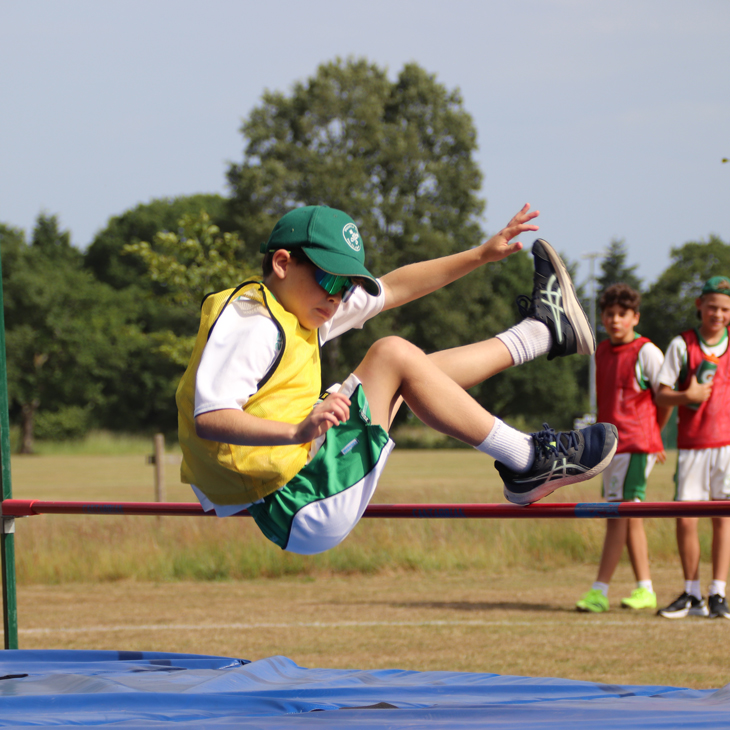

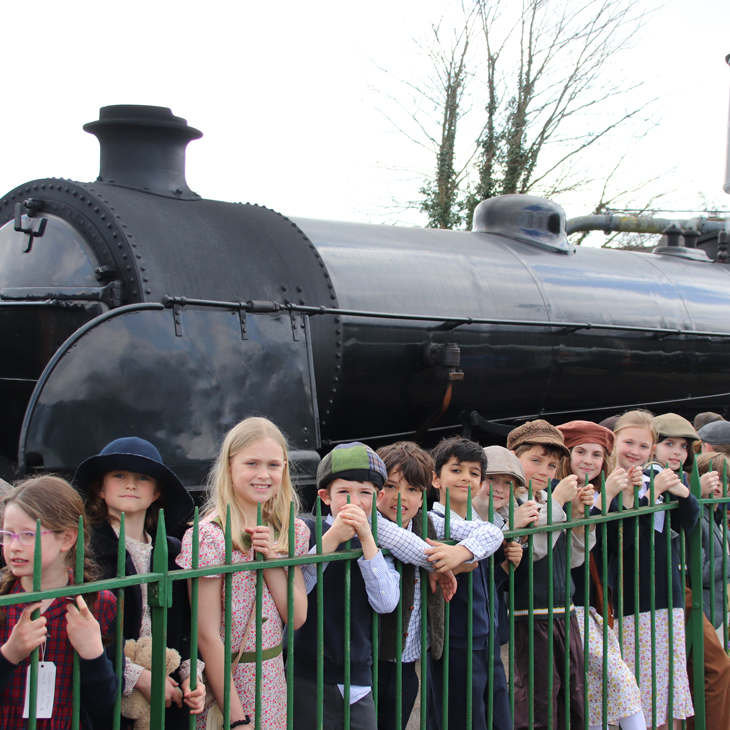
YEAR 4 : 1) Archibald’s War comes to life on the stage. 2) Teamwork makes the dream work at Mill on the Brue. 3) Clearing the high jump bar on Sports Day. 4) Egyptian Day. 5) Stepping back in time on the Watercress Line.
That Was The Year That Was…
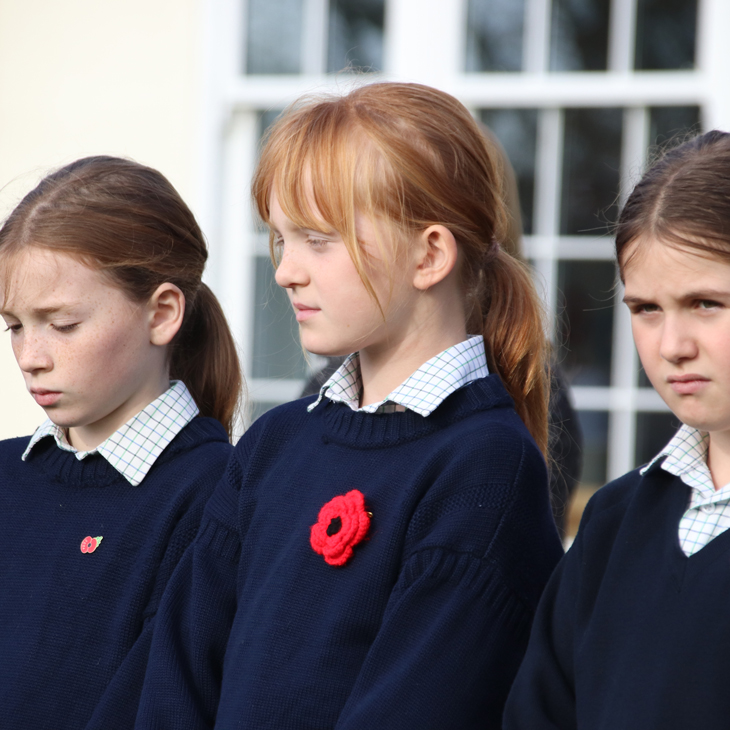

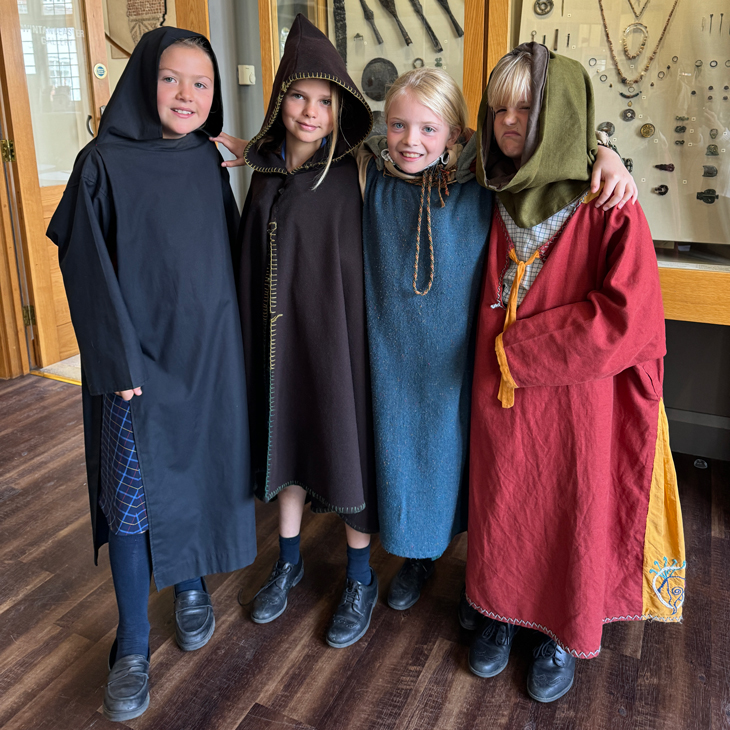
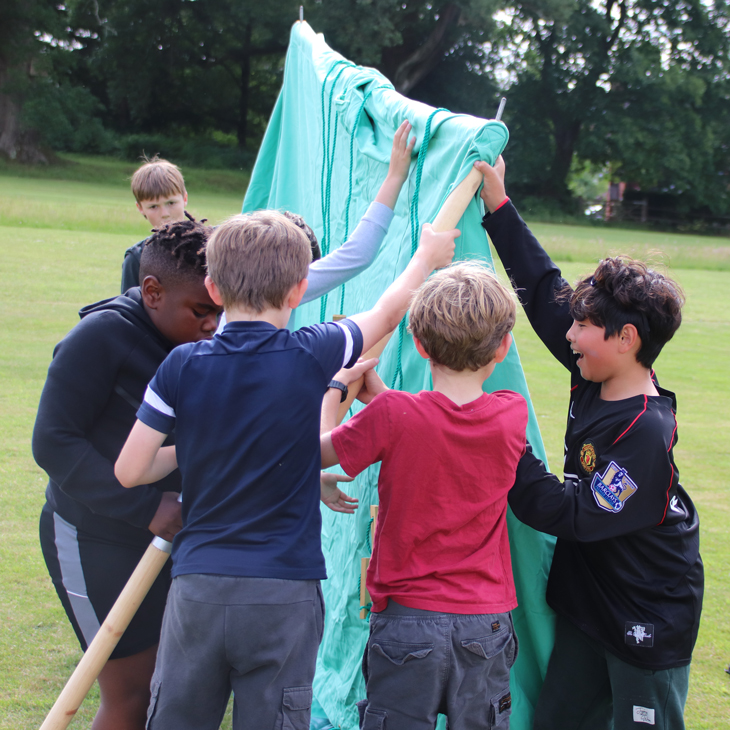

YEAR 5 : 1) Paying their respects on Remembrance Day. 2) In full voice during the Christmas carol service. 3) Taking a step back in time at Winchester City Museum. 4) Working together to erect their tents during the campout. 5) Melodic harmonies during the House Shout.
That Was The Year That Was…
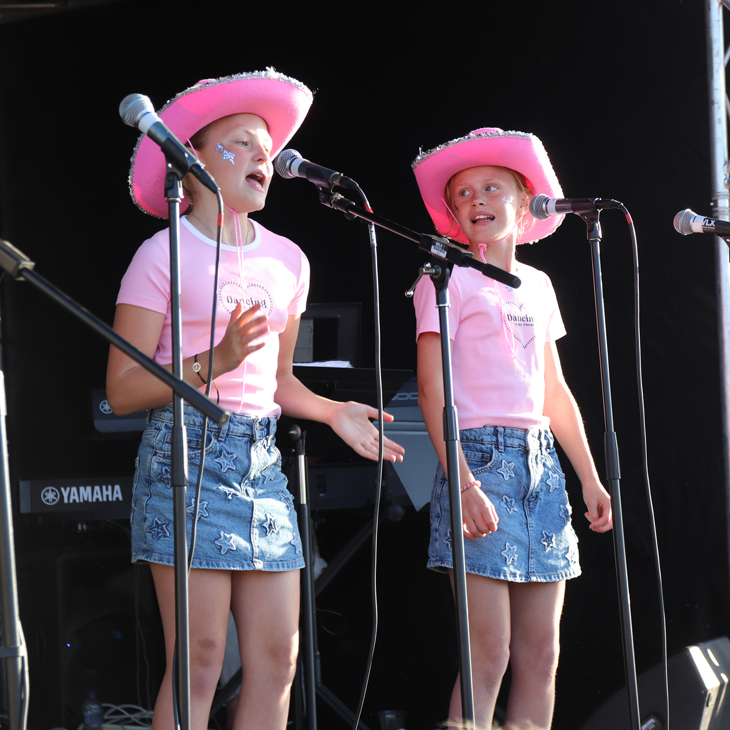
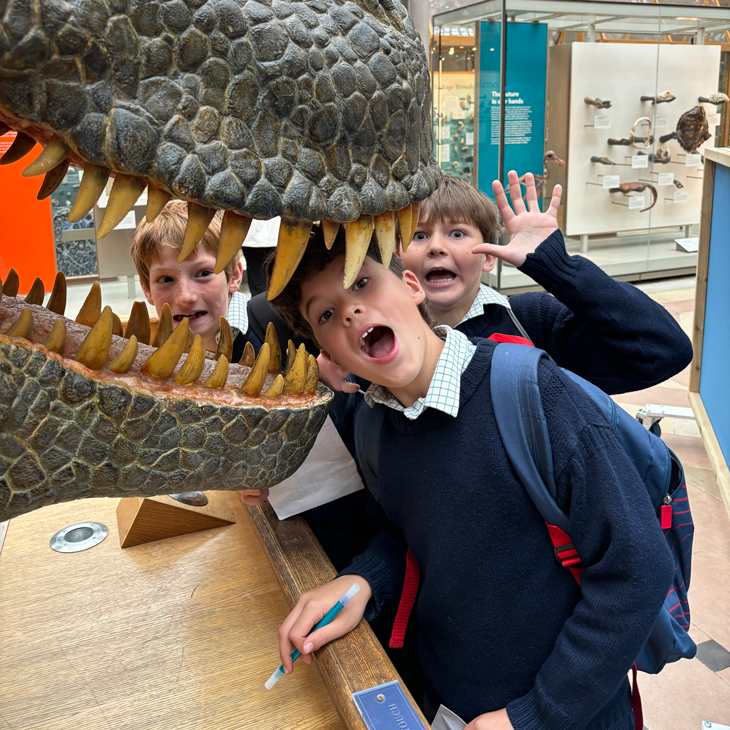

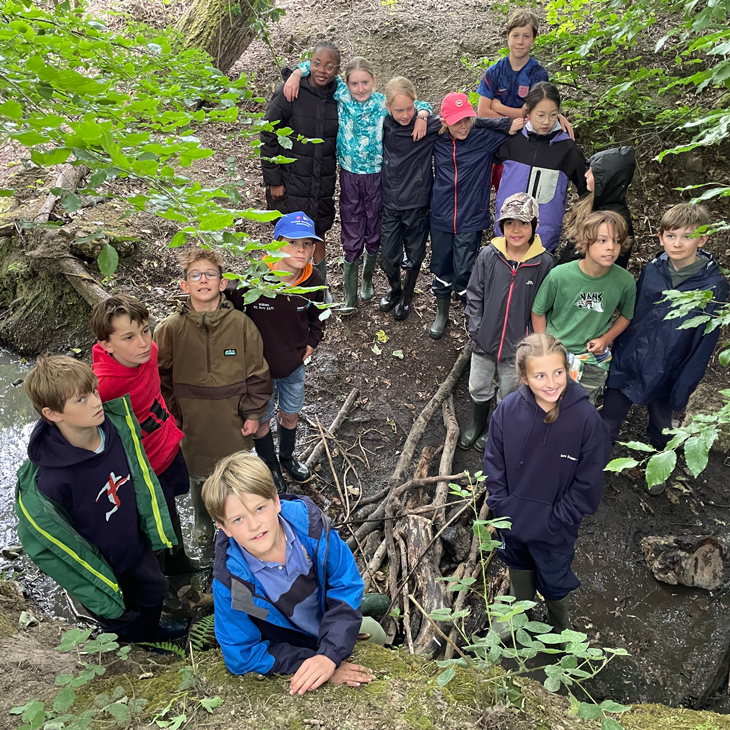

YEAR 6 : 1) In the pink belting out hits during HighFest. 2) A close encounter of the Jurassic kind at the London Science Museum. 3) Blazing a trail during the annual inter-school cross-country championship. 4) On a geographical quest at Flatford Mill. 5) On stage performing The Lion King.
That Was The Year That Was…

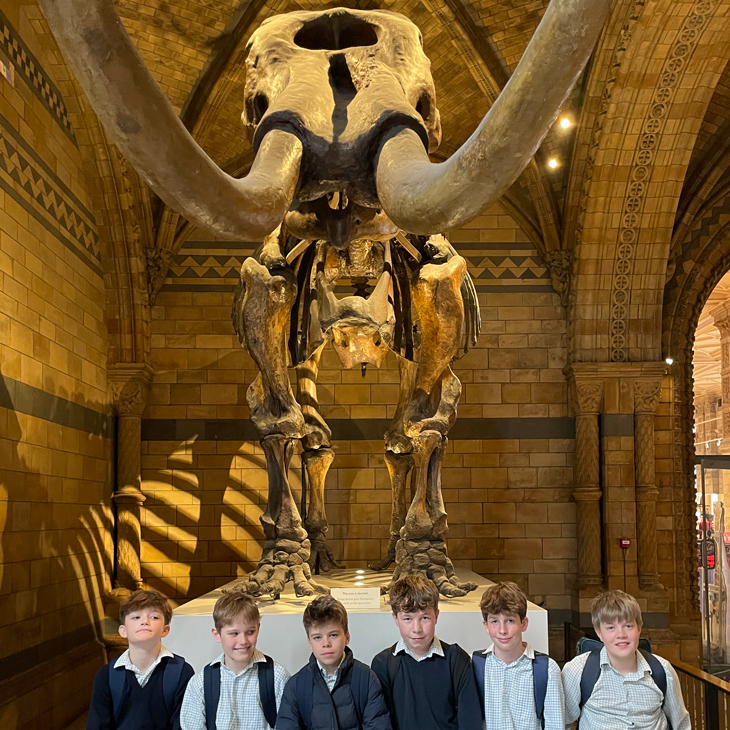

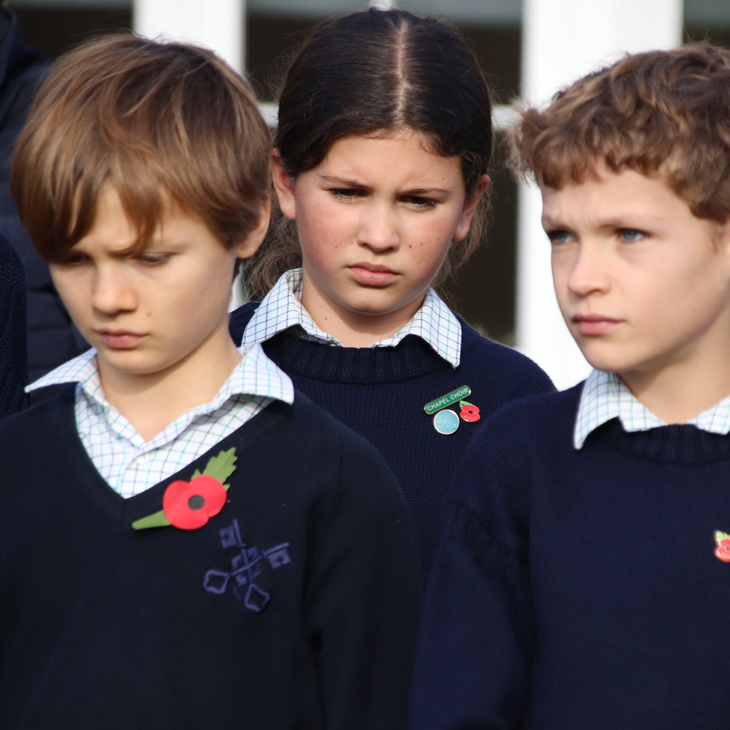

YEAR 7 : 1) Festive feel on Christmas Jumper Day. 2) With an amazing exhibit at the Natural History Museum. 3) On stage during the HighFest music extravaganza. 4) A time for sombre reflection on Remembrance Day. 5) Snow White and six dwarves on World Book Day.
That Was The Year That Was…
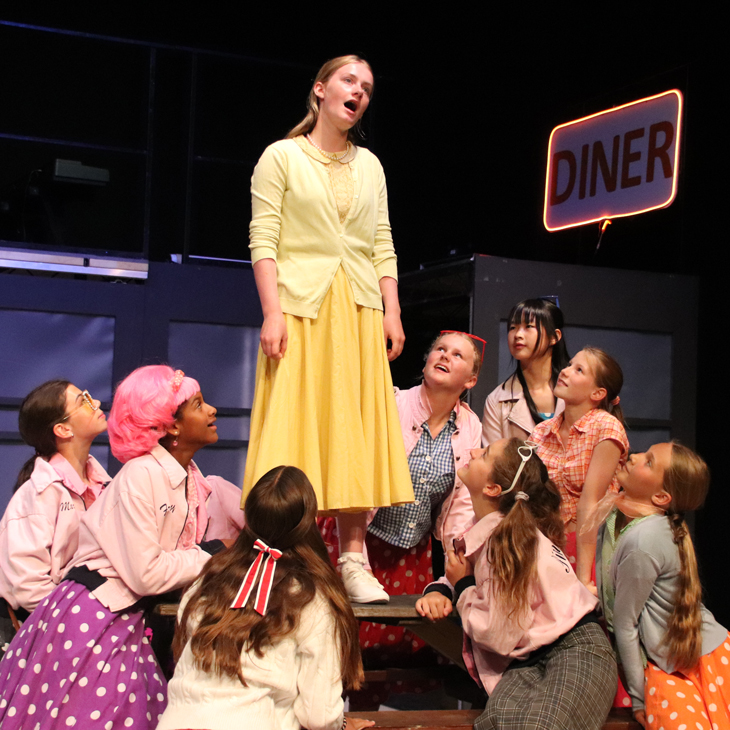

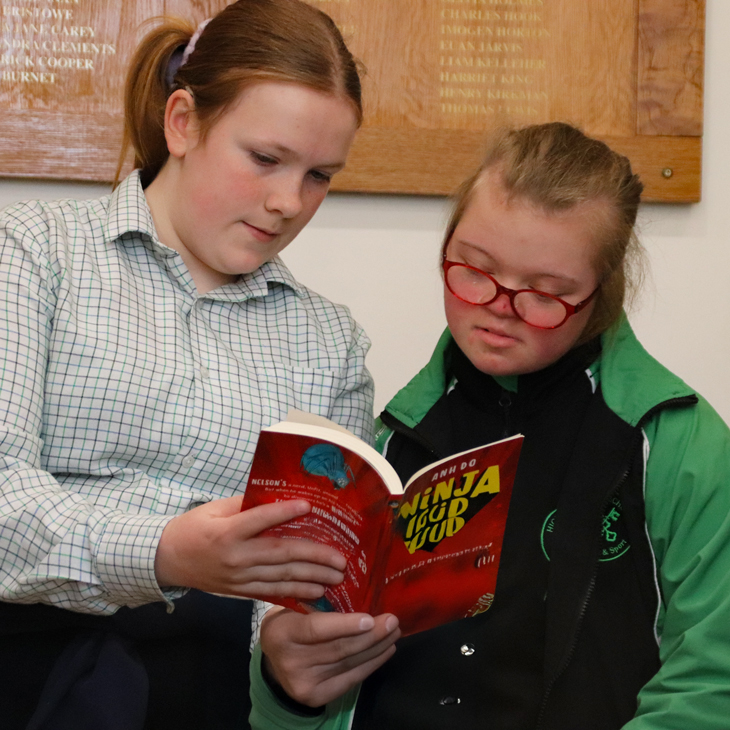
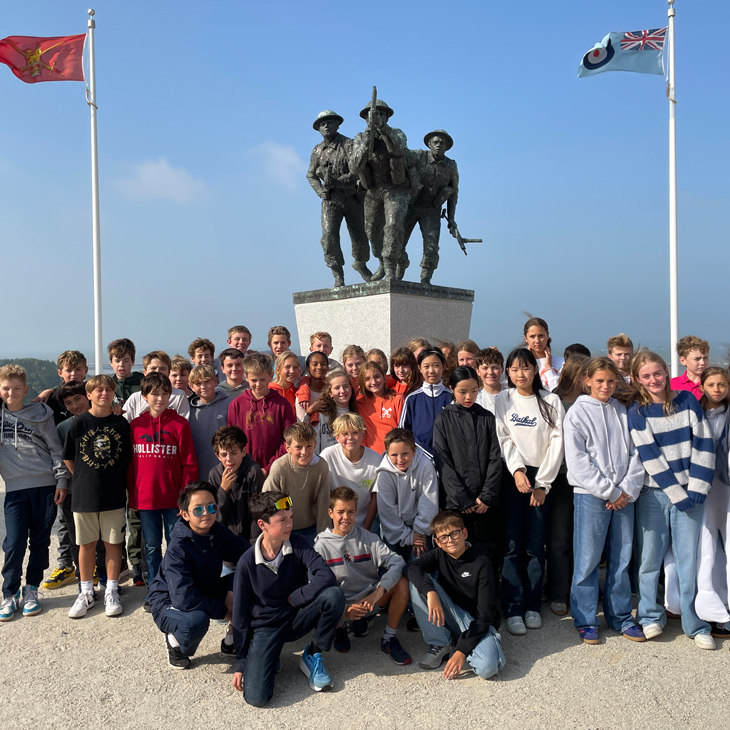

YEAR 8 : 1) Grease was most definitely the word for our talented leavers. 2) Friendships endure over house rivalry on Sports Day. 3) Browsing for potential reading material at the annual book fair. 4) Wartime studies brought to life in northern France. 5) Pembrokeshire was the destination for a week of adventure, team-building and fun on the Welsh coast.
